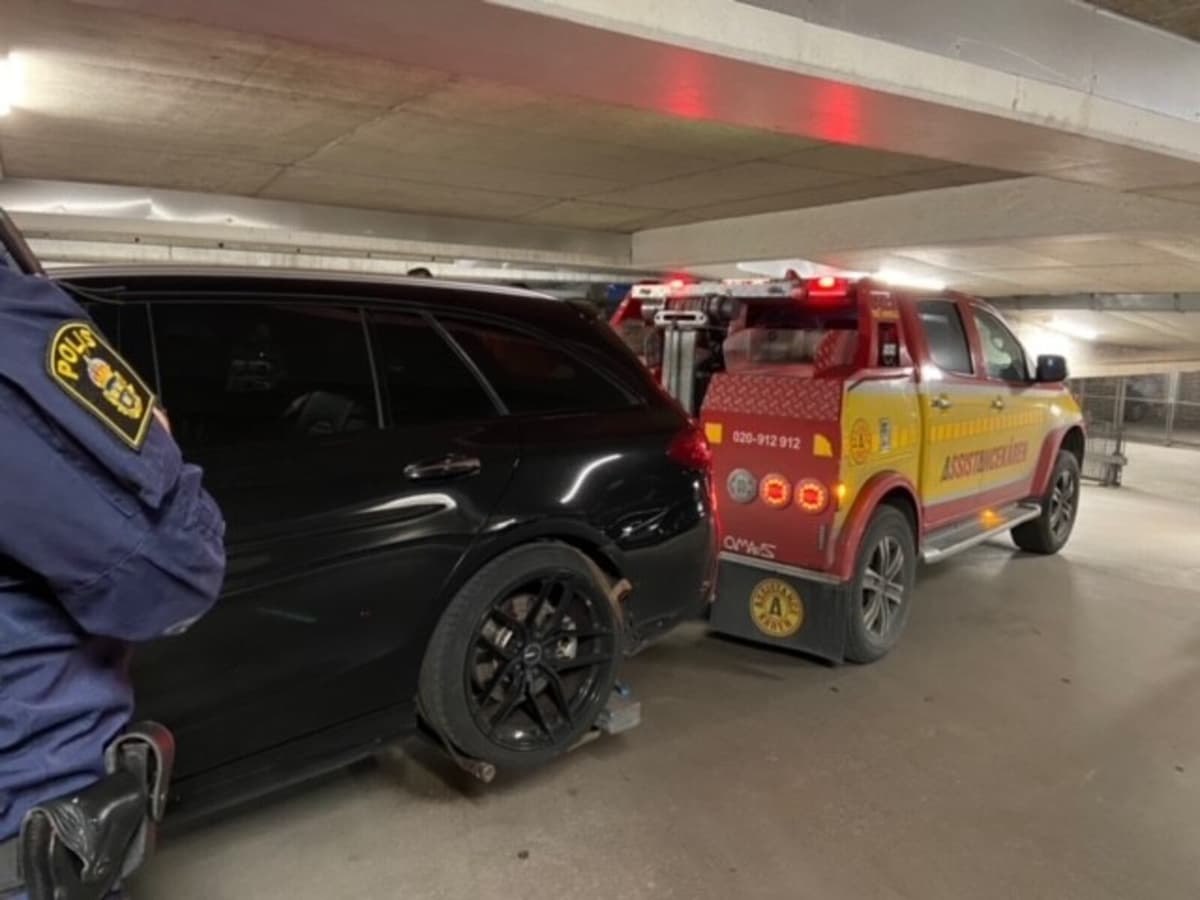The law came into force on Friday and by Monday morning, 19 cases had been reported, according to the police's national media center for TT.
Police officers around the country have, among other things, seized cars, motorcycles, and cash. The cases are now being taken over by prosecutors and decisions on whether the items will be confiscated or not will be made after a court trial.
Only in the Gothenburg area, there are six cases related to the law. The first seizure concerned a Mercedes-Benz worth 200,000-300,000 kronor, according to the police.
"It should not pay to be criminal and we have prepared ourselves and will be offensive in trying out the new law", says Erika Gustavsson, group leader in Gothenburg city, in a comment.
Network leaders
One should specifically target leading individuals in the networks. They earn a lot of money but are difficult to reach since they rarely commit the crimes themselves, according to Gustavsson - who also believes that the seizures can make it harder to "market the gangster life where designer clothes and status symbols are displayed".
"We now hope to be able to counteract this by seizing attributes that we suspect come from criminal activities, says she.
The new law means that individuals who, for example, have large amounts of cash, a property, watches, or other luxury items but lack income in proportion to their assets, and cannot explain where they come from, can lose them.
The person does not need, unlike before, to be suspected or convicted of a specific crime, and the asset does not need to be linked to a specific crime. If it is deemed "clearly more likely" that the items come from criminal activities than that they do not, ownership will be transferred to the state.
With the law in place, the police and the government hope to be able to strike against the criminal economy, which is estimated to be worth 100-150 billion kronor annually.
Has been criticized
However, it has been heavily criticized and pointed out as being legally uncertain, since individuals can lose assets without being suspected of a crime.
Justice Minister Gunnar Strömmer (M) believes that the law meets the requirements for legal certainty. At the same time, it must be viewed with new eyes, he said at a press conference last week.
We are building something that lies outside traditional models. All guarantees that apply to legal certainty within the framework of criminal cases do not exist when you do things outside of it.






